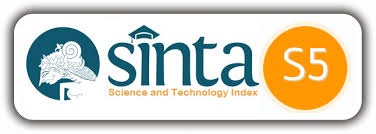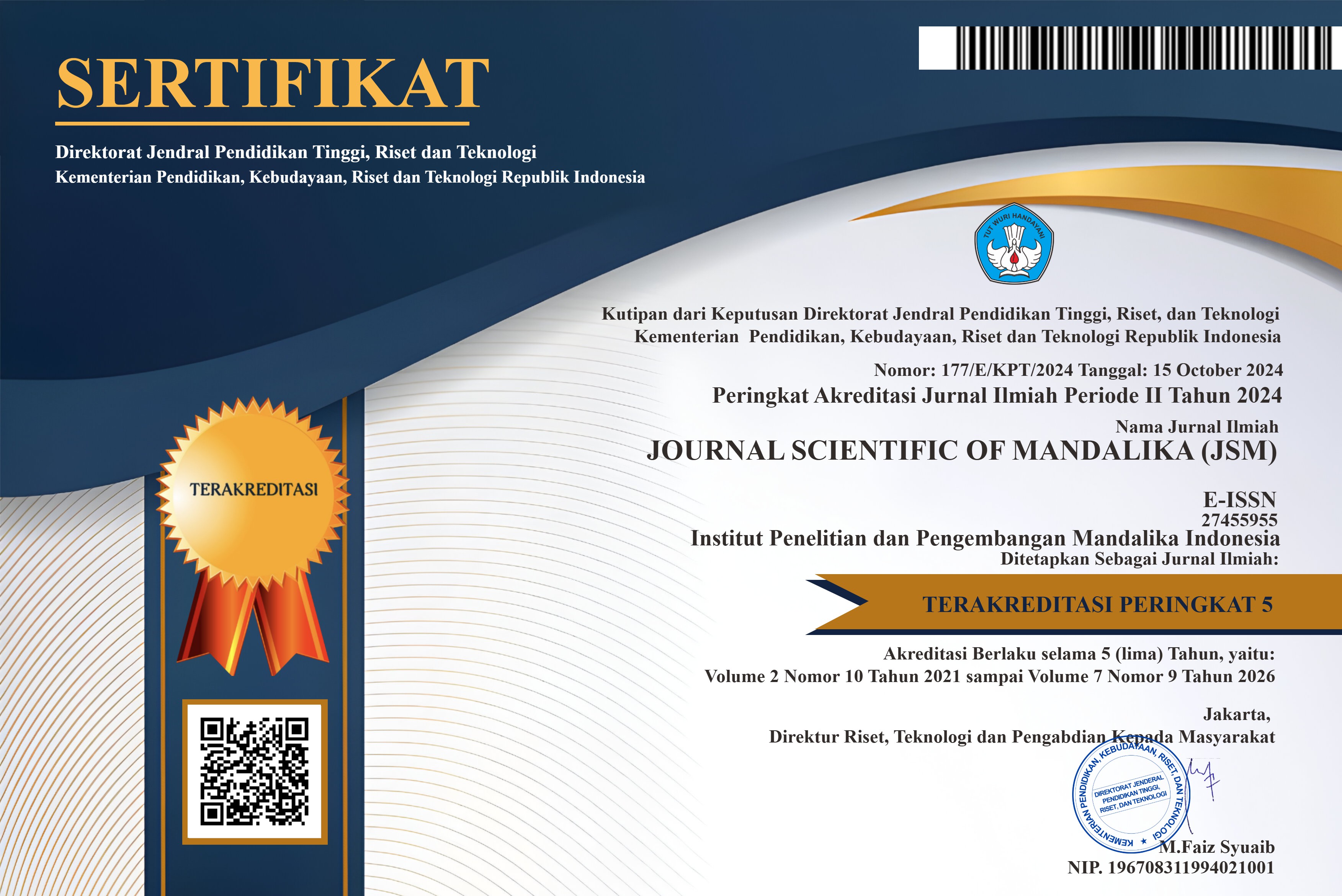Bridging Heritage and Finance: Systematic Insights into Financial Reporting for Cultural Assets
Abstract
This study examines the need for a paradigm shift in financial reporting for cultural assets, moving beyond traditional monetary valuation towards a more comprehensive approach. The current reliance on financially-focused accounting frameworks fails to capture the multi-faceted value of cultural heritage, thus creating a gap in accurately representing the social, historical, and cultural significance of these assets. This research aims to explore the key elements of comprehensive reporting, including the integration of non-monetary values, stakeholder engagement, long-term sustainability, technological advancement, and ethical considerations. The research used a qualitative approach, analysing existing literature and frameworks from the Scopus database related to cultural heritage accounting and reporting. Several countries were involved in conducting similar research. The findings revealed the importance of incorporating non-monetary metrics, adopting a stakeholder-centred approach, and utilising technology to improve reporting practices. The research also highlighted the ethical dilemmas inherent in valuing cultural assets and the need for practical tools and methodologies to bridge the gap between theory and practice. The research concludes that a comprehensive approach to financial reporting is essential for effective heritage management, recommending the development of standardised metrics for non-monetary values, context-appropriate reporting frameworks, and ethically sensitive valuation methods. Further research is needed to explore the potential of emerging technologies, address the ethical implications of financial reporting, and create practical
Copyright (c) 2025 Sudrajat Martadinata, Tri Satriawansyah

This work is licensed under a Creative Commons Attribution-ShareAlike 4.0 International License.













